Publications
Articles, publications, books, tools and multimedia features from the U.S. Institute of Peace provide the latest news, analysis, research findings, practitioner guides and reports, all related to the conflict zones and issues that are at the center of the Institute’s work to prevent and reduce violent conflict.
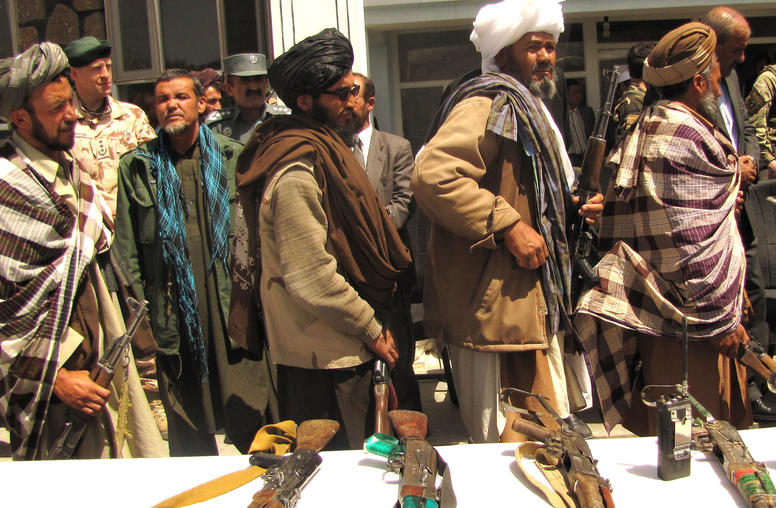
What are the Prospects for Power-Sharing in the Afghan Peace Process?
While the negotiations between the U.S. and the Taliban were recently thrown-off course, a peace agreement among Afghans remains an urgent priority. The U.S.-led negotiations over a phased drawdown of U.S. troops in exchange for a Taliban commitment to eschew terrorism and engage in intra-Afghan negotiations took nearly a year. Yet these talks excluded the Afghan government and other political elites and didn’t address the fundamental question of what it will take for Afghans to put a sustainable end to four decades of war: how will power be shared?
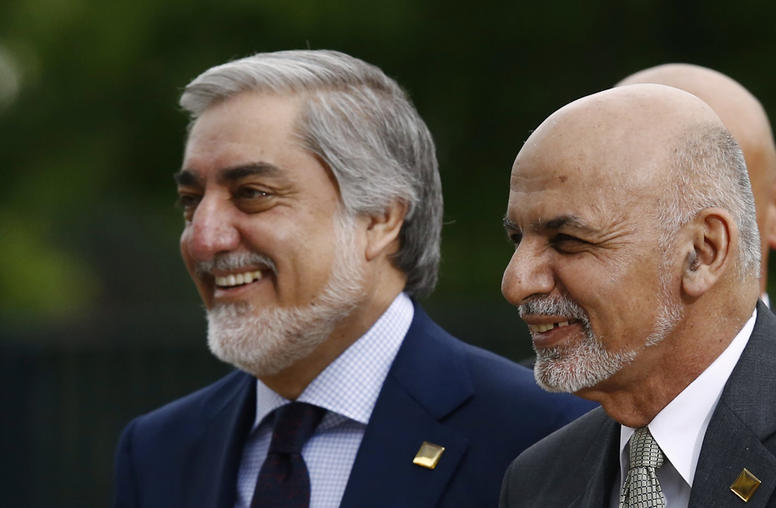
Negotiations, Continued: Ensuring the Positive Performance of Power-Sharing Arrangements
Most negotiated peace settlements since the 1990s have featured some aspect of power sharing, including those in Northern Ireland, Burundi, Bosnia, and Nepal. However, by freezing a sometimes unstable status quo, power sharing can create challenges to maintaining peace over the longer term as issues arise that rekindle enmity or create new suspicions among the parties. This report argues that power-sharing arrangements can be made more durable by providing robust forums, either permanent or ad hoc, that allow parties to resolve differences as they arise and to reaffirm their commitment to peace.

Nancy Lindborg on a New Prevention Policy 18 Years After 9/11
Eighteen years after 9/11, USIP President and CEO Nancy Lindborg reflects on the continued spread of violent extremism and points to the Task Force on Extremism in Fragile States as a blueprint for a new, preventive approach, saying, “I think we’ve all realized this is not a problem we can bomb our way out of.”
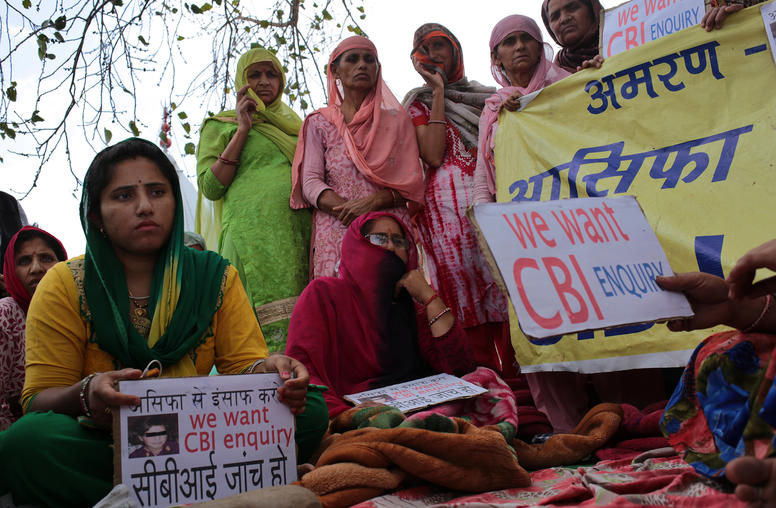
To Build Peace, Boost the Women Who Lead the Movements
Images of this year’s grassroots movements for social and political change—such as the ouster of authoritarian rulers in Sudan and Algeria—reiterate that women worldwide are driving campaigns that can strengthen democracy and reduce violent conflicts. Yet 20 years after the United Nations proclaimed the need for women at the center of the world’s peacebuilding and stabilization efforts, they remain marginalized in those official processes. So when USIP and a program at the University of Denver organized a training initiative this summer for 14 women leading civic movements for social change, a message glared from the mountain of nominations received from experts and groups working on the world’s violent crises.
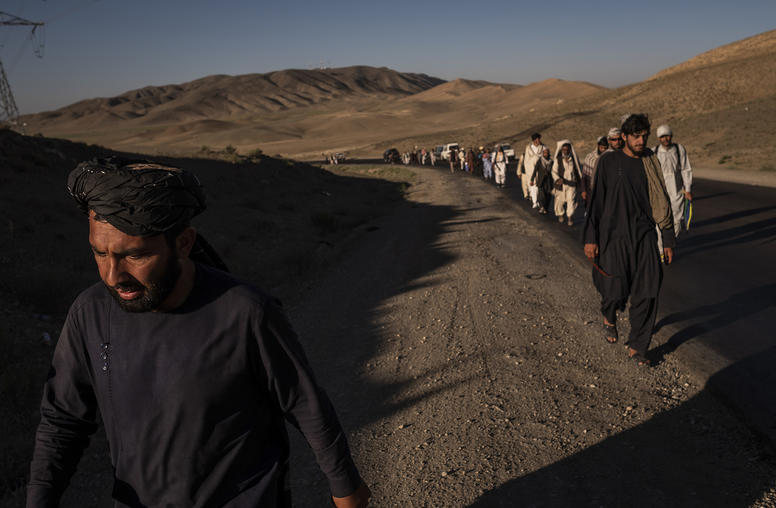
Afghan peace talks are damaged, but not yet broken.
President Trump’s weekend announcement of a halt to U.S. peace talks with Afghanistan’s Taliban—including a previously unannounced U.S. plan for a Camp David meeting to conclude that process—leaves the future of the Afghanistan peace process unclear. USIP’s Andrew Wilder, a longtime Afghanistan analyst, argues that, rather than declaring an end to the peace process, U.S. negotiators could use the setback as a moment to clarify the strategy, and then urgently get the peace process back on track before too much momentum is lost.

Sarhang Hamasaeed on Iraq Amid Rising Tensions in the Middle East
Iraqi leaders are concerned that efforts to improve governance and build durable institutions are being overwhelmed by rising tensions between the U.S. and Iran and the potential of a proxy war in the country. “This pressure has definitely undermined the Iraqi government,” says USIP’s Sarhang Hamasaeed.
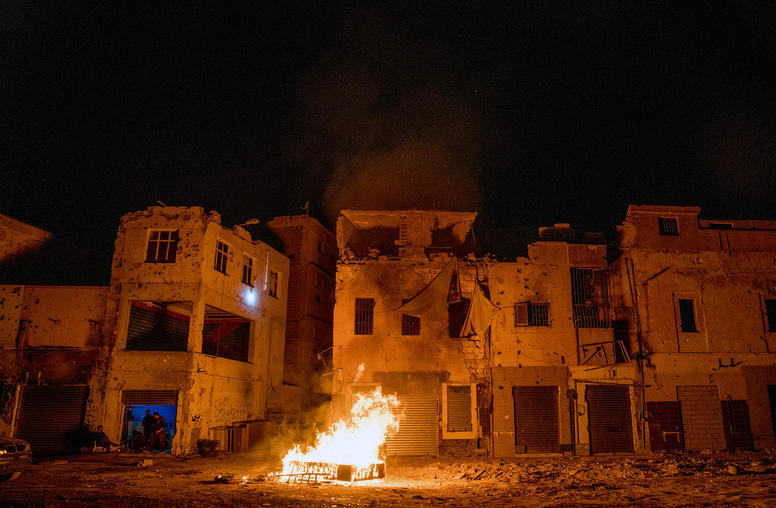
Factional Conflict Leaves Libya Deadlocked
In April 2019, Field Marshal Khalifa Haftar and his self-styled Libyan National Army launched an offensive to capture Tripoli from the U.N.-backed Government of National Accord seated there. Four months later, the result has been a virtual stalemate that has claimed over 1,000 lives. And while fighting on the ground is at a standstill, multiple regional actors continue providing air support and direct aid to either side. USIP’s Thomas Hill breaks down the current situation in Libya and the possibility for peace amid this deadly standoff.
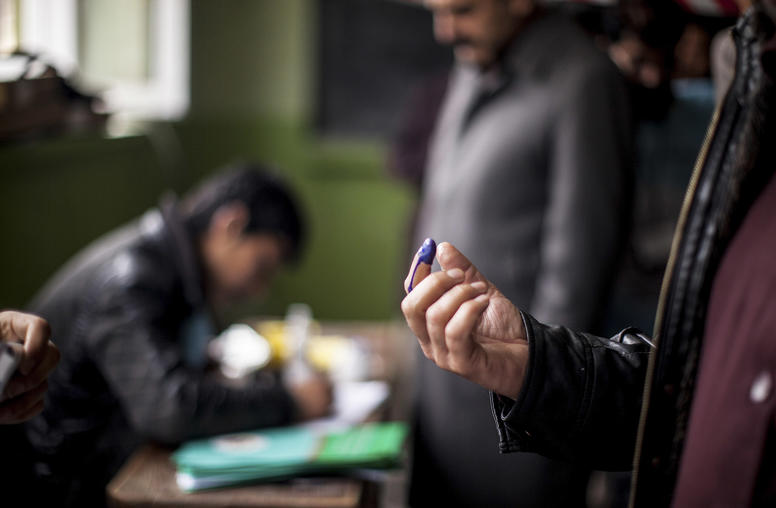
Walking a Fine Line: Holding Elections Amid Peace Processes
Elections that are organized amid a peace process can either destabilize or pacify a conflict. The vote can put significant pressure on a peace accord, as Colombia is experiencing today, or it can integrate formerly warring parties into the political process, as in Nepal’s 2008 Constituent Assembly elections. The timing of elections in relation to peace processes, as well as the inclusivity of the process itself, are critical in determining whether peace or conflict prevails at the polls.
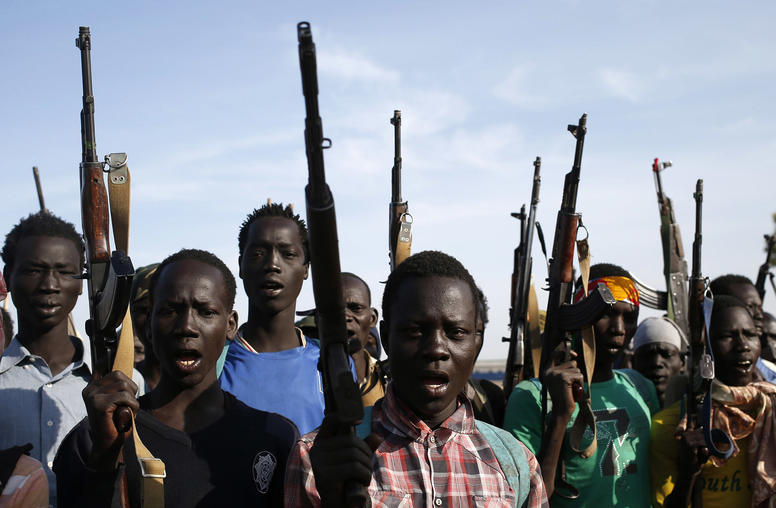
Ceasefire Monitoring in South Sudan 2014–2019: “A Very Ugly Mission”
More than five years after South Sudan’s first ceasefire agreement, ceasefire monitors are still on the ground. The hope was that their work would help overcome the mistrust between rival factions, halt ongoing violence, and deter further violations. Drawing on interviews with monitors, combatants, politicians, civil society representatives, diplomats, peacekeepers, and others, this report examines the history of ceasefire monitoring in South Sudan and offers recommendations for donors supporting future monitoring processes in South Sudan and elsewhere.
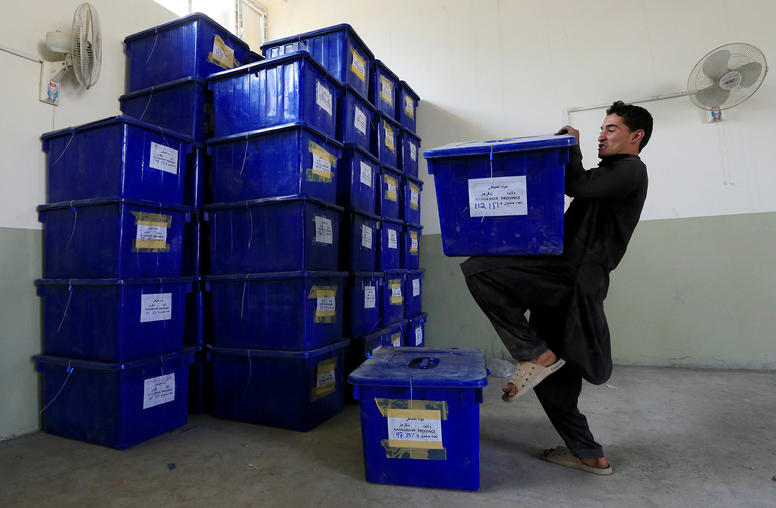
Breaking, Not Bending: Afghan Elections Require Institutional Reform
Afghanistan’s presidential election is scheduled to take place on September 28. In planning the election, the Independent Election Commission (IEC) must overcome a number of practical challenges to avoid repeating the mistakes of the 2018 parliamentary elections—elections that undermined the legitimacy of the state and reduced Afghans’ confidence in democracy as a means for selecting their leaders. Based on a careful analysis of the IEC’s performance during the 2018 elections, this report offers recommendations for creating more resilient electoral institutions in Afghanistan and other postconflict countries.